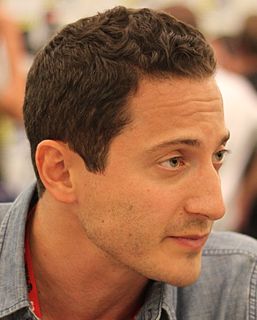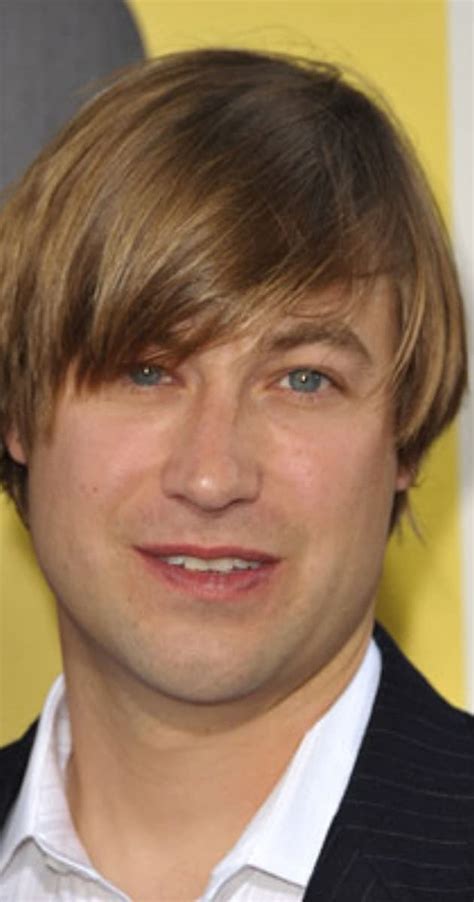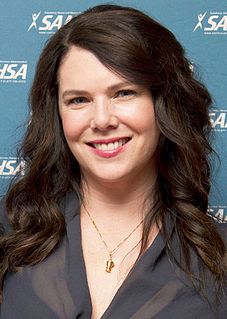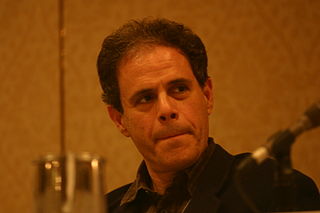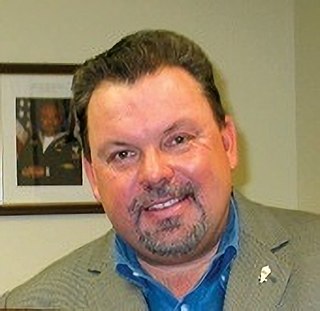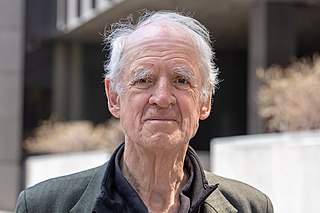A Quote by Ayana Mathis
Voice isn't fixed or unmalleable, it adapts to the characters you are creating and the story being told. I suppose in some way that's true in life - a little flexibility goes a long way.
Related Quotes
I have always liked kind of outsider characters. In the movies I grew up liking, you had more complicated characters. I don't mean that in a way that makes us better or anything. I just seem to like characters who don't really fit into. You always hear that from the studio: "You have to be able to root for them, they have to be likeable, and the audience has to be able to see themselves in the characters." I feel that's not necessarily true. As long as the character has some type of goal or outlook on the world, or perspective, you can follow that story.
The way my books are structured, everyone was together, then they all went their separate ways and the story deltas out like that, and now it’s getting to the point where the story is beginning to delta back in, and the viewpoint characters are occasionally meeting up with each other now and being in the same point at the same time, which gives me a lot more flexibility for killing people.
The recurrent laryngeal nerve - which runs from the head to the voice box - goes all the way down into the chest, loops around a major artery, then goes all the way back up again. It goes right past the larynx on the way down. All a decent designer would have to do is loop it off at that point. What we're looking at is the legacy of history.
I feel real ownership in this show. I feel very invested in it. I care very much about it. I don't feel any more like a hired hand, you know? It's a strange feeling - I feel personally responsible for how the story goes. What happens. What the weaknesses are. And so in a way, some of the changes gave me an opportunity to have a voice in a different way.
In fiction the narrator is a performance of voice, and it can be any style of voice, but I'm interested in the ways that a voice that knows it's telling a story is actually telling a different story than it intends to. In the way that I can sit here and tell you what I had for breakfast, but I'm really telling you that I'm having an affair, something like that. And I don't think my writing is plain, but I think a lot of my characters are just talking. There is vulnerability there, in that we can start to see through them, we can start to see where they're deceiving themselves.

